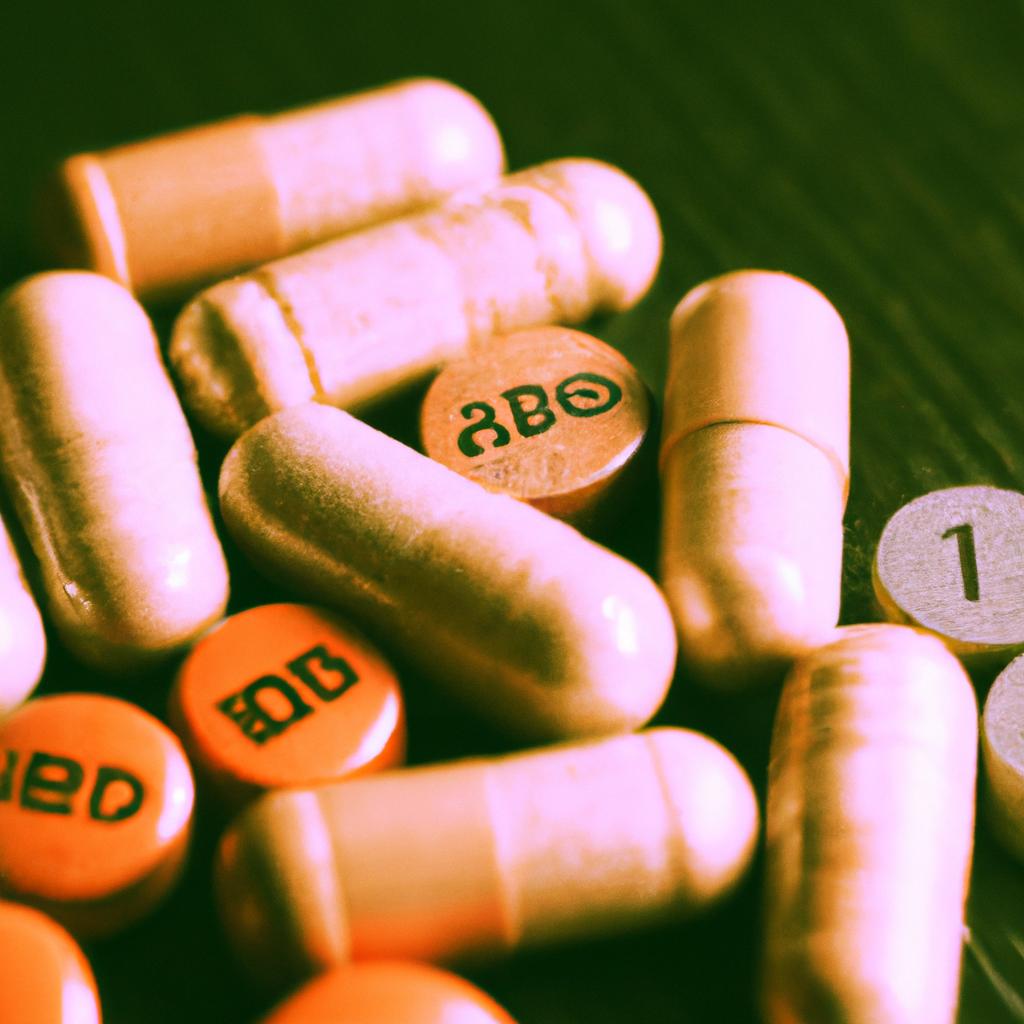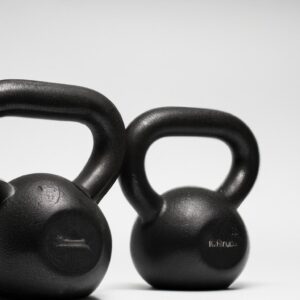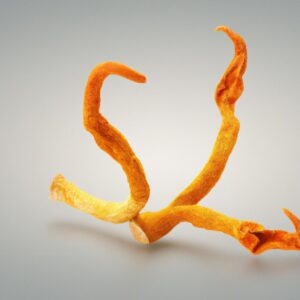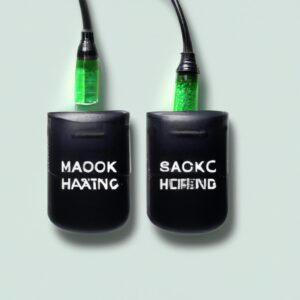Micronutrient Optimization for Athletes: Essential Vitamins and Minerals for Enhanced Performance and Recovery
Micronutrient Optimization for Athletes: Essential Vitamins and Minerals for Enhanced Performance and Recovery
Athletes constantly seek ways to enhance performance and speed up recovery. Optimizing micronutrient intake proves effective. Micronutrients, which include vitamins and minerals, support energy production, muscle function, and recovery. Understanding these nutrients impacts athletic performance and overall health.
The Role of Micronutrients in Athletic Performance
Micronutrients support several physiological functions, including immune response, bone health, and energy metabolism. These nutrients maintain energy levels and aid muscle recovery. Intense training depletes the body’s reserves, increasing the need for replenishment.
Key Vitamins for Athletes
Certain vitamins benefit athletes:
– **Vitamin D**: This “sunshine vitamin” supports calcium absorption and bone health. It also aids muscle function and immune response. Athletes training indoors may experience deficiencies, so consider sun exposure or supplementation in winter.
– **Vitamin C**: This antioxidant reduces oxidative stress from intense exercise. It supports collagen production, crucial for joint health. Additionally, vitamin C boosts the immune system, helping athletes avoid illness during peak training.
– **B Vitamins**: This group, including B6, B12, and folate, significantly contributes to energy metabolism. They help convert carbohydrates into energy, which is crucial for endurance. B vitamins also support red blood cell production, enhancing oxygen delivery to muscles.
Essential Minerals for Optimal Performance
Minerals also play vital roles in athletic performance:
– **Calcium**: This mineral strengthens bones and aids muscle contractions. Athletes sweat out calcium during workouts. Include calcium-rich foods like dairy, leafy greens, and fortified plant milks in your diet.
– **Magnesium**: This mineral supports over 300 biochemical reactions, including energy production and muscle function. Magnesium deficiency can cause cramps and fatigue, so athletes should consume adequate amounts through nuts, seeds, whole grains, and leafy greens.
– **Iron**: Iron transports oxygen in the blood. Deficiency can lead to fatigue and decreased performance, especially in endurance athletes. Women should monitor their iron intake due to menstrual losses. Foods rich in iron include red meat, beans, lentils, and fortified cereals. Pair iron-rich foods with vitamin C sources to enhance absorption.
– **Zinc**: This mineral supports immune function and protein synthesis. Athletes find zinc in shellfish, meat, legumes, and seeds. Adequate zinc intake supports recovery and maintains muscle mass.
Nutrition
Conclusion
This post summarizes the importance of vitamins and minerals for athletes’ performance and recovery.
Below are related products to the topic if you’re interested:
FAQ
What are the key vitamins that athletes should focus on for optimal performance?
Athletes should focus on several key vitamins, including Vitamin D, Vitamin C, and B Vitamins. Vitamin D supports calcium absorption and bone health, while Vitamin C acts as an antioxidant and aids in collagen production. B Vitamins, such as B6 and B12, are crucial for energy metabolism and help convert carbohydrates into energy, which is vital for endurance.
How do essential minerals like calcium and magnesium contribute to athletic performance?
Calcium is essential for strengthening bones and facilitating muscle contractions, while magnesium supports over 300 biochemical reactions, including energy production and muscle function. Both minerals are crucial for maintaining performance, as calcium is lost through sweat during workouts, and magnesium deficiency can lead to cramps and fatigue.
Why is iron intake particularly important for athletes, especially women?
Iron is vital for transporting oxygen in the blood, and a deficiency can result in fatigue and decreased performance, particularly in endurance athletes. Women should monitor their iron intake due to menstrual losses, making it essential to consume iron-rich foods like red meat, beans, and lentils. Pairing these foods with vitamin C sources can enhance iron absorption.















Post Comment